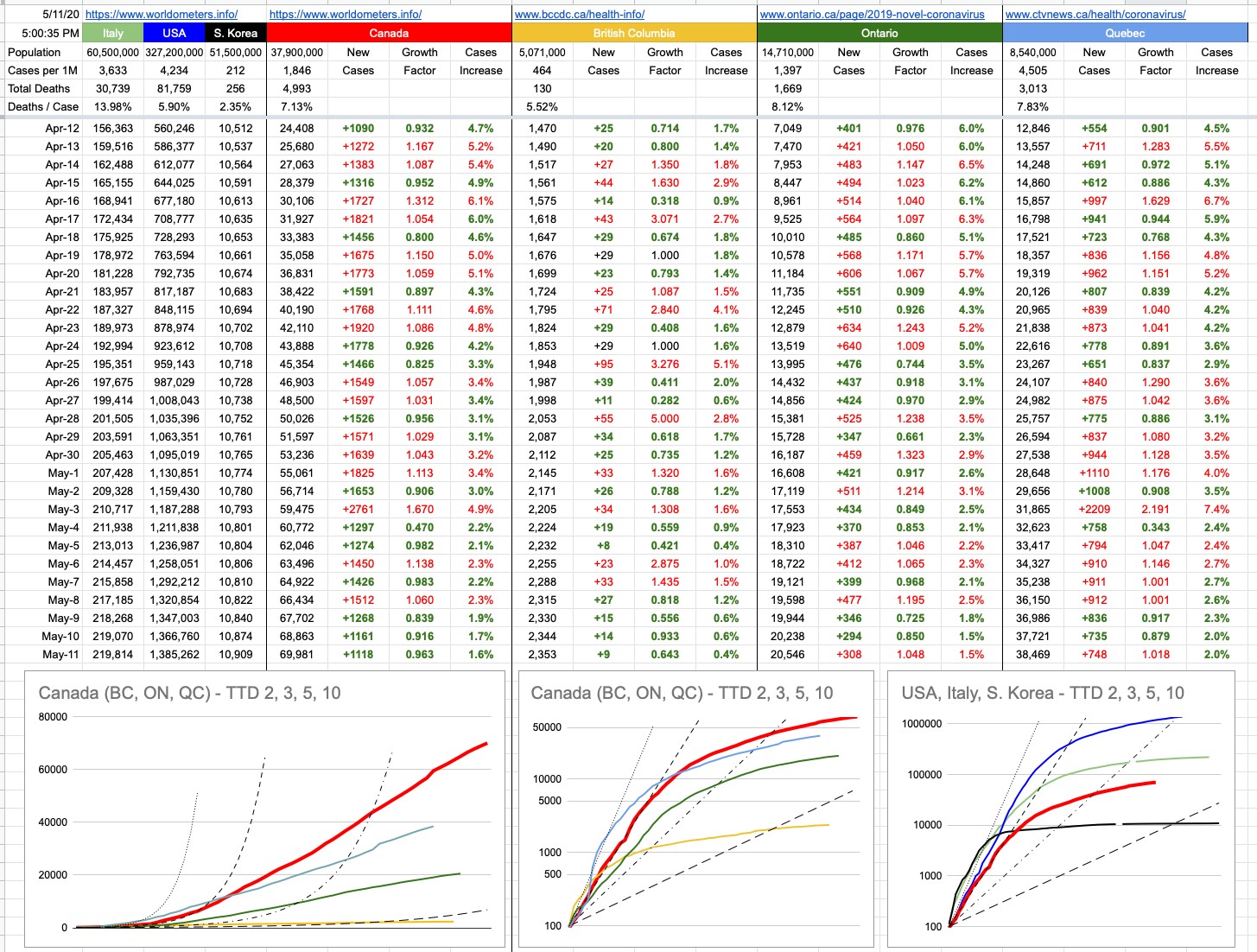William Henry Harrison was elected to the presidency of The United States of America in 1840, as only the 9th president of that young nation. Indeed, right around the time he was born, George Washington was giving his first State of the Union address. His running mate, John Tyler, was elected vice-president. But this posting has little to do with the presidency of Harrison, because he didn’t do much, and died a month into his term, leading to his VP’s ascension to the throne.
John Tyler (1790-1862) was sworn in as the 10th president, and served in that capacity from 1841 until the next election, where he was soundly defeated, making him the longest-serving president who was never actually elected.
Tyler may not have made a great president, but he did make a lot of children… 15 of them. He was 63 years old when one of them, Lyon Gardiner Tyler (1853-1935), was born.
Lyon Gardner wasn’t quite as good as his dad at fathering lots of children, but he did ok, having 6 of his own. And he was certainly good at having them at an older age. One of them, Lyon Gardiner Tyler Junior, was born in 1924, when Senior was 71. And another, Harrison Ruffin Tyler (we can only assume after whom he was named) was born in 1928, when daddy was 75.
These Tylers clearly come from good stock… but it’s still mind-boggling to realize that since those latter two are still alive, John Tyler, born in 1790, has two living grandsons. Three generations that span the entire existence of the country.
That was perhaps the best example I could find of just how “new” the U.S. is. It’s arguably three generations old. From a Canadian point of view, someone born at the time of confederation (1867) could easily have a child that’s still alive today. Two generations.
There’s a rich history between these two young countries, who at times have been mortal enemies. In fact, it was a war that started both… and depending with which side of history you want to associate, you could say, as an American, that you “won” — and those defeated British, who went on to retreat to what ultimately became Canada, “lost”. If it means so much to call it that, by all means — take your victory. And of course it should be noted that both sides of the war were being fought by people who had much more in common with each other than the indigenous people, whose land it actually was.
The two countries weren’t done squabbling quite yet. The war of 1812, which technically was between the U.S. and the U.K. was really more Canada vs. America. We burned down the Capitol and White House in that one.
It’s not fair to summarize a complex war — that went on for years — in one paragraph, but the summary is that it was probably a sort of stalemate, which of course, in North America, means both sides thought they won. Or at least claimed they did. There is no overtime or shootout or sudden-death to an entire war, but by the time the Treaty of Ghent was signed, both sides simply had had enough. Nobody had any fight left in them, so that was that.
The fighting didn’t end there, as far as America was concerned because of course, the civil war came along… more similar people just fighting each other over ideology. The soon-to-be Canadians fought in that war too, on both sides — but the vast majority with the anti-slavery Union soldiers, who eventually defeated the Confederate states. Interesting little factoids… the soldier who organized the detachment of Union solders that captured and killed Lincoln-assassin John Wilkes Booth — was Canadian. And the composer of “O Canada” was a French-Canadian Union soldier.
By the time the two World Wars rolled around, the countries were strong allies, and have been ever since. The world’s longest undefended border. Each other’s largest trading partners, till recently.
But as young nations grow — and by any measure, these are still mere children in the sea of adult countries from around the world that have existed for many centuries or millennia — personalties begin to develop, and whatever the older generations may have had in common… well, things change. It’s sometimes hard to gauge whether you’re dealing with the attitude of an entire country, or just a vocal minority, or just its leaders… especially when the messages are so mixed. For two countries that are really pretty similar when you compare populations with anywhere else… we sure seem to be on different paths these days. Americans really like to stick to their guns… in every sense of that statement. The vast and conflicting confusion that’s becoming evident is worrisome to say the least. A cohesive plan is by no means guaranteed to succeed, but a confused, mismanaged one is doomed to fail. It seems like a lot of state governments aren’t listening to the feds. It looks like a lot of municipal governments aren’t listening to the state. It looks like a lot of people aren’t listening to any of those three, and just doing what they want — or cherry-picking what works for them, and hoping for the best.
I’ll end this with my usual profound gratitude that I was on the “losing” side of a War of Independence… and as much noise is being made about how poorly Canada is handling this at a federal level (it’s not a lot of noise, and it’s not really true) — or how the government here, whether provincially or municipally, could be doing so much better, because jobs economy lockdown jobs money jobs economy — yeah, we get it, we are all suffering. We’re also all surviving, and are far more likely to with an infrastructure that can handle it. I’ll take Canadian-handling criticism all day long. If what we’re doing is some version of failure, some version of “losing” — like the British or Canadians from wars of the distant past — I’ll take it.
Some numbers… the U.S. counted its 80,000th death over the weekend. Canada is under 5,000. That’s deaths per million of 247 vs. 132. And today was the third straight day of declining new-case numbers in Canada.
Bring on the phased re-openings… with all things continuing as they are, that’ll be just after the upcoming long weekend.
View Original Post and All Comments on Facebook



If you think about it, it is still lousy. Someone in Canada is getting infected every 1.5 minutes. And this is the cases we know of. Unfortunately I think this means the lockdown will drag on. Certainly in Quebec and Ontario. BC is in much better shape.
Ty for the post Horatio! Always informative.
Has there been any data to indicate the numbers of infected that we don’t know about, A symptomatic? and not tested that may have the virus.
I would imagine, it would be a guess at best.
War of 1812 wasn’t the end of it … “Remember The Pig War!”
Thank you for sending us your thoughts! I always look forward to reading them. You have a way of finding very diverse things or ideas and bringing them together to express something else!
Yes! Canada, the United States of America, The United States of Mexico, South America – barely getting started in the whole scheme of things. Things like women’s suffrage was only instated what (referring above 🙂 )… less than one generation ago. There are Canadian women alive today who, at one point, did not have the right to vote as a separate being with their own will and understanding. On so many fronts we have only just begun. So exciting to see things like Indigenous peoples’ rights start to take centre stage. Where will we go from here? What will the pandemic actually end up doing to/for our society – backwards, forwards, …totally novel ways of operating? Uh, yes! Yesterday, someone (names not mentioned ????) posted on FB an article talking about how there was a major pandemic in the 60’s and how back then it wasn’t made into a big deal, no lockdowns, just some handwashing and social distancing (I guess inferring all our current efforts are ridiculous — ahhhh). Well, in the four decades since, holy cr-ap, look how far “we”, the global, amazing We, have come. We have the technology and infrastructure to produce a vaccine, get it out to enough people, and now even fast track that effort safely. Amazing.
Thanks, again, for the great post and most enjoyable read.